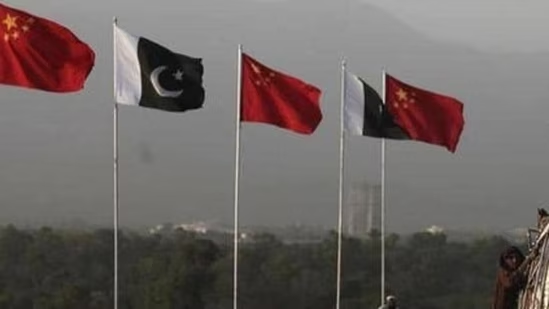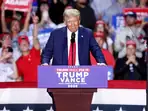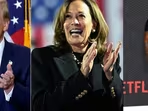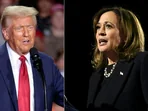Pakistan-China in talks to expand cooperation as Islamabad struggles with economic challenges
Pakistan is engaged in talks with China to expand cooperation as Islamabad struggles to roll out growth-oriented policies after staving off a debt default earlier this year.

“We are having a very broad-based conversation” that goes “beyond debt issues,” Pakistan’s Interim Prime Minister Anwaar-ul-Haq Kakar said in an interview with Bloomberg Television in New York on Thursday.
Kakar, whose caretaker government has a mandate to run the country until elections scheduled for early next year, said China is evaluating what type of “intervention would be helpful for our economic health.”
The talks between the nations come after Pakistan secured a $3 billion loan program with the International Monetary Fund in July after months of delays that brought it close to default. China has financed billions of dollars in power plants in Pakistan as part of the Belt and Road Initiative and extended loans to the country while International Monetary Fund negotiations were ongoing.
Kakar took office last month after former premier Shehbaz Sharif handed over power at the end of parliament’s five-year term. Since then, Kakar has introduced an economic overhaul aimed at shoring up the country’s finances, including the proposed privatization of state assets and a crackdown on illegal dollar trade.
Kakar said his interim government is determined to strengthen governance and curb cartels and mafias operating in everything from illegal currency trade to fuel and electricity theft.
The aim is to “undo the artificial bubble of inflation, the artificial value of the currency, which was primarily driven by the demand in the illegal trade of the currency,” he said.
Facing Protests
The interim government has faced protests over increases in power and fuel prices, which helped stoke the fastest inflation in Asia. Still, Kakar said he didn’t anticipate “huge social unrest” in the aftermath of electricity price increases as consumption was expected to decline in the winter months.
Kakar said his government was working to bring longer-lasting solutions to the the country’s power sector.
“We are trying to privatize transmission companies, we are trying to increase our tax network so that we are not dependent on the indirect taxes which are being clubbed in all these bills of electricity,” Kakar said.
Asked whether his government would be able to realize the sale of some state-run companies in the power sector during his tenure, Kakar said he was optimistic.
What “I’m specifically hinting about is the power sector, the transmission bodies throughout the country,” Kakar said. “We are expecting that a few of them would be privatized in couple of months.”
Pakistan has also been working to attract investments from Gulf nations into the mining, agriculture and tech sectors. Kakar recently said his country could lure $50 billion in investment from Saudi Arabia and the United Arab Emirates.
He said “$50 billion is just one figure, which I did mention, but it could be larger. If they see more business opportunity and if there is more to offer from our side, it probably could cross that figure.”
Disclaimer: The copyright of this article belongs to the original author. Reposting this article is solely for the purpose of information dissemination and does not constitute any investment advice. If there is any infringement, please contact us immediately. We will make corrections or deletions as necessary. Thank you.
Title:Pakistan-China in talks to expand cooperation as Islamabad struggles with economic challenges
Url:https://www.investsfocus.com









